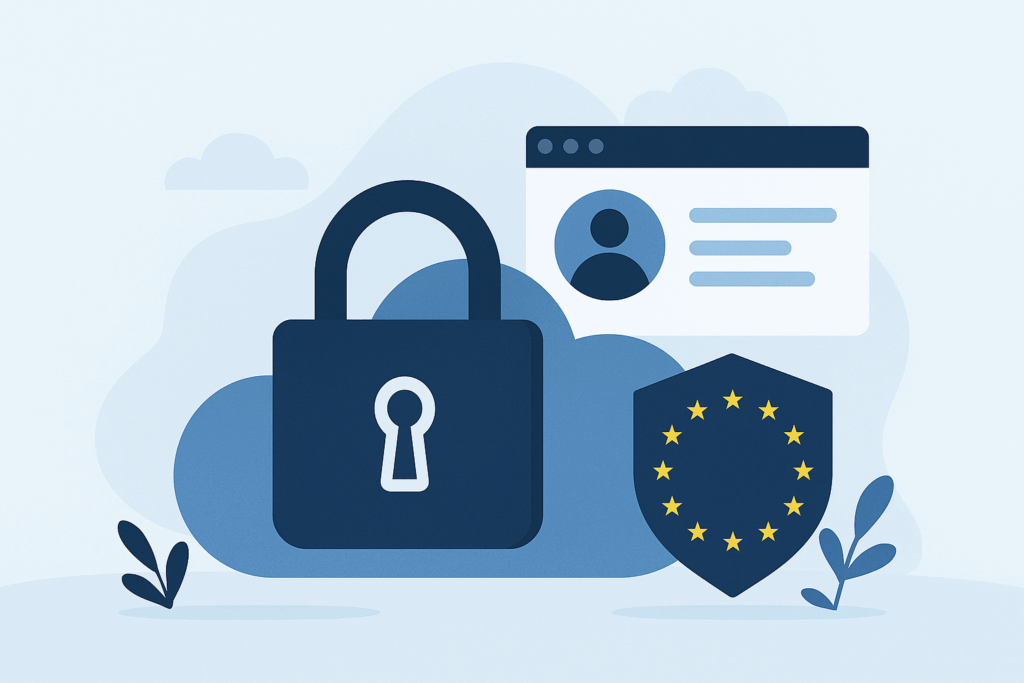In today’s digital world, cloud storage has become a daily necessity. From photos and personal documents to sensitive work files, we trust the cloud to keep our most valuable information safe. But here’s the truth: not all cloud providers protect your data in the same way.
Most people use Google Drive, iCloud, Dropbox, or OneDrive simply because they are convenient. However, “free” or cheap storage often comes with a hidden cost: your privacy.
The hidden price of “free” storage
When a service is free, you are often the product. Big Tech cloud platforms may scan your files to improve their AI, target ads, or analyze your behavior. Even if you don’t notice it, your data becomes part of their business model.
This raises important questions:
- Do you really know where your data is stored?
- Who has access to it?
- What happens if your account is suddenly suspended or hacked?
Europe and the GDPR advantage
Unlike other parts of the world, Europe has introduced strict rules to protect user data. The General Data Protection Regulation (GDPR) guarantees that your data remains your property and must be handled with transparency.
This means European-based cloud providers are legally required to:
- Store and process your data responsibly
- Allow you to access, export, or delete your data at any time
- Avoid selling or exploiting your data without consent
In short: your rights are stronger when you choose a European cloud solution.
Privacy vs. price: what do people really value?
Of course, cost is always part of the decision. Free or $1/month plans look attractive, but how much is your privacy worth?
For many users, the idea that their personal files, photos, or even health data could be analyzed by third parties is no longer acceptable.
This is why privacy-first cloud services are gaining traction. They might cost more than “free” plans, but they give you something priceless: control over your data.
Best practices to protect your digital life
No matter which provider you choose, here are simple steps to keep your cloud storage secure:
- Enable two-factor authentication (2FA) – prevents unauthorized access even if your password leaks.
- Use end-to-end encryption – ensures only you can read your files.
- Regular backups – always keep a copy outside your main cloud provider.
- Choose providers with data residency in Europe – stronger GDPR compliance and sovereignty.
- Audit your sharing links – remove old public links that could expose files.
Final thoughts
Cloud storage is no longer a luxury – it’s essential. But trusting the wrong provider can expose your digital life to risks you didn’t expect.
By choosing a privacy-first, European-based solution, you gain more than just storage space: you secure your memories, your documents, and your freedom.
In the end, it’s not just about where your files live. It’s about who controls them.

